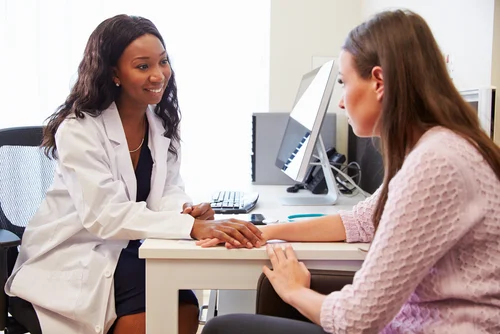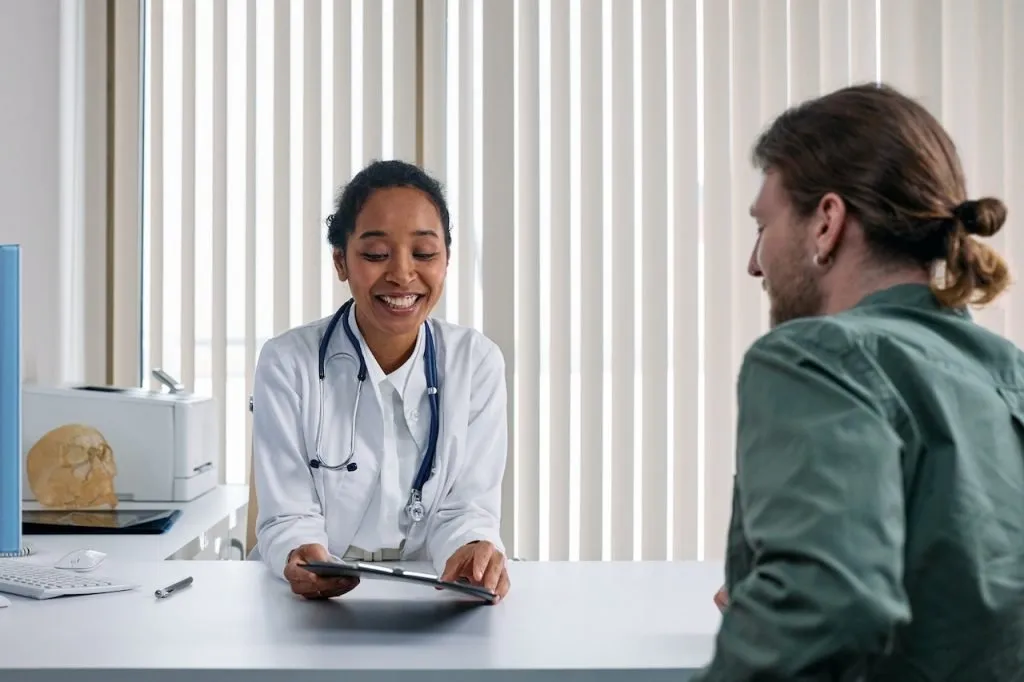24/7 Helpline:
(866) 899-111424/7 Helpline:
(866) 899-1114
Learn more about Bipolar Disorder Treatment centers in Gooding

Walker Center
Walker Center, in Gooding, Idaho, is an integrative, 12 step focused drug and alcohol rehab for adul...

Pro Active Behavioral Health
Pro Active Behavioral Health is a private rehab located in Gooding, Idaho. Pro Active Behavioral Hea...

The Walker Center – Residential Treatment
The Walker Center – Residential Treatment is a private rehab located in Gooding, Idaho. The Walker C...






























Other Insurance Options

Self-pay options

UMR

Magellan

WellCare Health Plans

Carleon

Access to Recovery (ATR) Voucher

Cigna

Oxford

Evernorth

Meritain

Ambetter

Choice Care Network

Health Choice

BHS | Behavioral Health Systems

Excellus

Premera

BlueCross

MHNNet Behavioral Health

Sutter

Health Partners